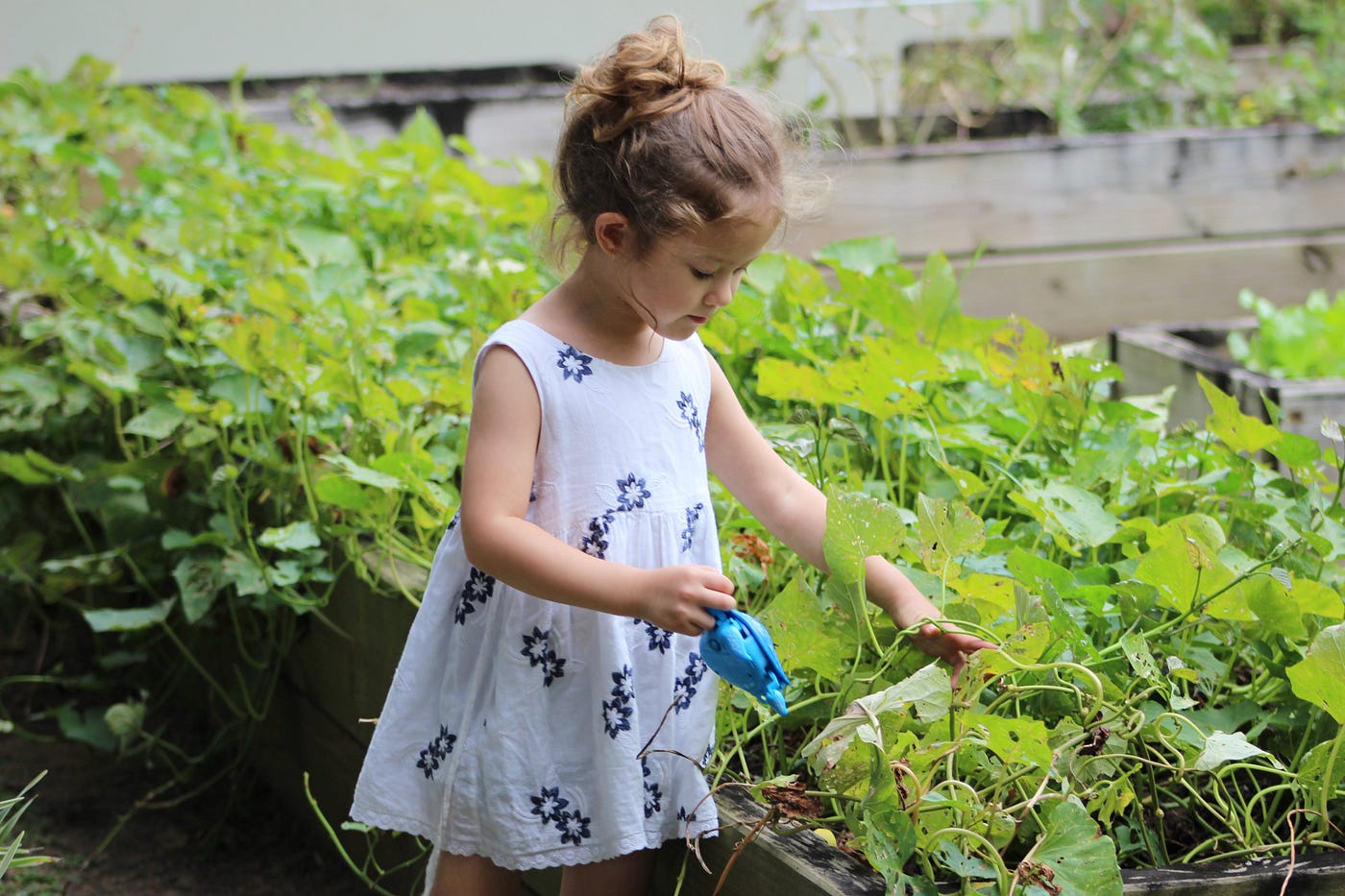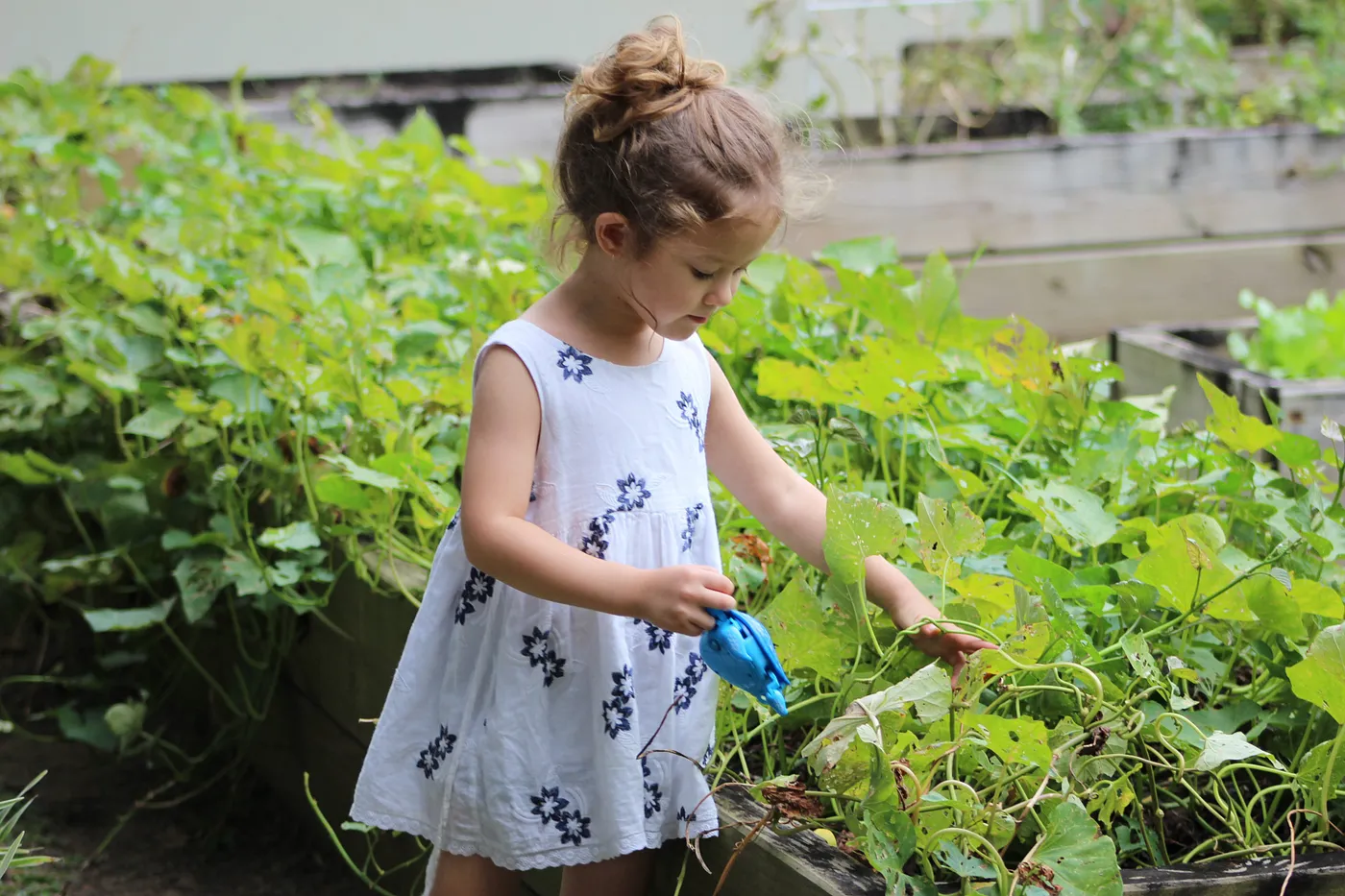Think of our lives as a mosaic of habits, each one pieced together over time to create the big picture of who we are. On the other hand, when we set out to cultivate habits, we often confront a familiar feeling — the doubt of “Am I really consistent enough to make this stick?” This self-doubt can trap us in a cycle of perceived failure, primarily because we’re entangled in common misconceptions about habit formation.
Habit myths are like little stones on our path; they seem harmless, but they can trip us up if we’re not mindful. 🪨
Let’s explore some widespread misconceptions about habits today. By shining a light on them, we can discover how to turn stumbling blocks into stepping stones!
Instant Results? Not Quite!
Habits are like growing plants in your garden🌿 Have you ever planted a seed and expected a flower the next day? Habits are similar. They need time, care, and a bit of patience.

Consider the common habits we strive to eliminate, such as smoking or excessive social media use. A defining trait these habits share is the sense of quick satisfaction — a sense of relief with a cigarette or a feeling of connection when we check our feeds. These immediate rewards make them sticky.
However, it is leading to a widespread misconception that all habits yield similar instant results.
In contrast, habits we aim to cultivate, like eating healthier or exercising, don’t usually have such instant rewards. Seeing the effects of a balanced diet or regular exercise takes time and persistent effort.
This is where crafting your own immediate rewards becomes crucial. It’s about adding little joys to your journey.
For instance, pair your gym sessions with something you love, like a lovely podcast. Or create a visual tracker for your water intake, giving you a sense of achievement with each glass you finish.
These small rewards can be powerful motivators, turning the gradual process of habit formation into a more rewarding experience.
The 21-Day Rule: More Like a Guideline
Ever heard that it takes 21 days to form a habit? Well, it’s not a one-size-fits-all solution and oversimplifies a complex process. Habits are like strawberries 🍓 and chestnut tree 🌰 in our garden; they grow at their own pace. The time needed to establish a habit can vary widely, depending on both the individual and the nature of the habit.
Believing in the rigid 21-day rule can set you up for a psychological trap. Your brain might start counting down to that 21st day, viewing it as the finish line. Then, when day 22 rolls around, there’s a temptation to reward yourself with a break, thinking you’ve ‘completed’ the habit formation. This mindset can lead to a recurring cycle where the habit never truly becomes ingrained.
Moreover, if unexpected circumstances, like a health issue, interrupt your habit formation journey around day 15, you might feel as though you’ve failed and be hesitant to restart.
But remember, this isn’t failure; it’s just life happening.
The key is to be flexible and resume your habit-building when you’re ready, without being bound by an arbitrary timeline. The journey of habit formation is personal and adaptable, not fixed to a strict schedule.
Willpower: Just Part of the Recipe
It’s a common belief that willpower is the magic ingredient for habit formation. However, willpower is just part of the equation. Equally crucial is shaping an environment that nurtures your new habit and understanding why you want to make this change. Visible cues in your surroundings can significantly boost your chances of success.
Are you envisioning a colorful, vibrant garden in your life? It requires more than just a wishful thought, you need to organize your garden.
Imagine you’re aiming for a healthier lifestyle, with a goal to exercise for 15 minutes each morning. A simple yet effective strategy is to place your workout gear and shoes right beside your bed. This visual reminder can be the nudge you need to start your day actively.
Similarly, if increasing water intake is your goal, keep a glass on your desk and mark a tally each time you finish it. These small, visible cues act like signposts on your journey, gently guiding and encouraging you to stick with your new habit.
Remember, the environment you create can be a powerful ally in your habit-building journey.
Wrap Up
In this exploration, we’ve unearthed some common myths and misconceptions about habits.
As we wrap up, think of yourself as a gardener of your own behavior. Tend to your habits with care, patience, and a bit of creativity. And most importantly, don’t forget to celebrate the small victories along the way.
Stay tuned for more insights in our next blog, where we’ll continue to clarify the world of habits. Until then, embrace your habit-forming journey with enthusiasm and curiosity!
Happy habit crafting! 🚀🌿


Leave a Reply